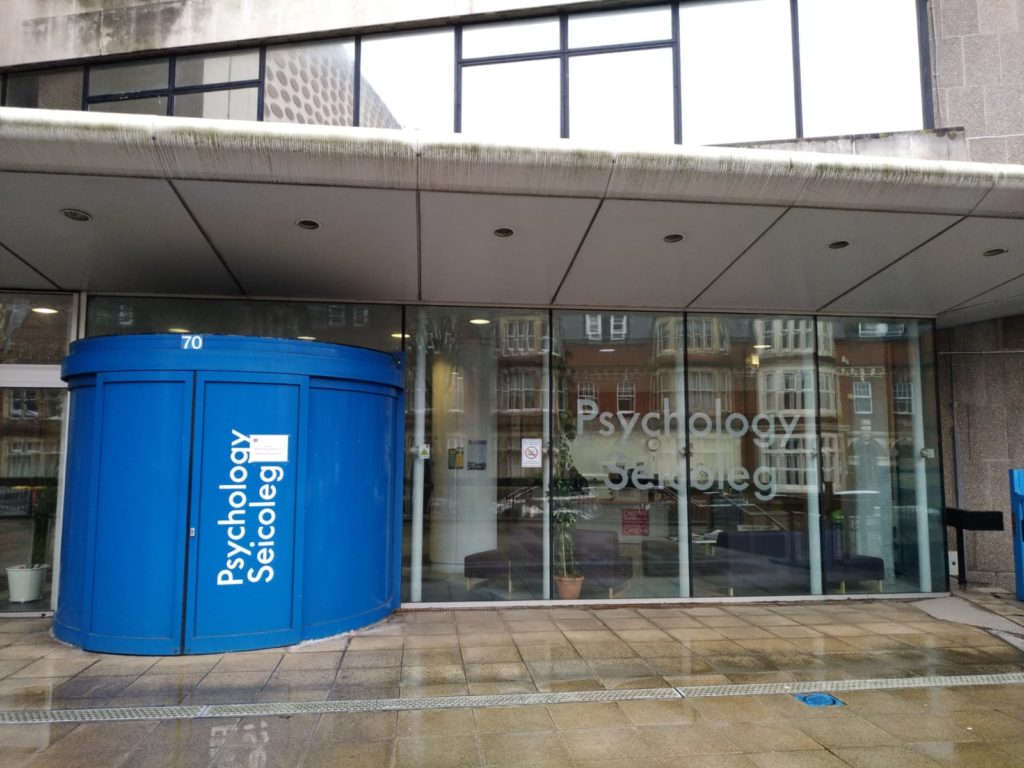Psychologists from Cardiff University, King’s College London and the University of Bath have designed the first-of-its-kind tool to help detect psychological strategies that hide signs of autism in adults.

Credits: CNP
Around one in 100 people may have them and they are less likely to be diagnosed in women.
We usually associate autism with children and it is often accepted that it can be detected in early ages. But adults also may have autism but we cannot always notice because of their compensatory psychological strategies. These strategies or coping mechanisms help autistic people disguise their autistic treats.

Credits: Cardiff University
Cardiff News Plus met Dr Lucy Livingston, who is working in the School of Psychology of Cardiff University. The research group that designed the checklist was initially trying to understand the nature of compensatory strategies or coping mechanisms.
‘Autistic people may choose to make eye contact with others, even if they don’t find it very helpful for communication or it is actually quite aversive for them. They may plan answers to questions before situations that they enter. They may even spend hours of the day modelling gestures and facial expressions in front of the mirror. So, when they interact with another people, they won’t notice that person has autism or any social differences,’ says Dr Livingston.
One of the disadvantages of those strategies is to make detection of autism difficult. It may lead to late detection of diagnosis. Researchers studied them and developed the checklist. They hope this checklist will help doctors, clinicians and other people who work with autism.
There are various reasons for having these strategies. Autistic people are usually bullied or pressurized by other people and they often try to behave in non-autistic ways. Dr Livingston also mentioned other motivating factors like ‘socializing, having friendships or relationships, finding jobs or successfully passing the job interview’.
‘Various organisations are raising public awareness about autism, but there is still not much understood about those kinds of subtle, less obvious representations of autism with compensatory strategies.
‘There is a need of more awareness of different ways that autism can present. It is also necessary to train people about autistic individuals that may come across in the workplace. They might seem slightly different to others and we should take into consideration that, maybe, they are dealing with other personal challenges.’

